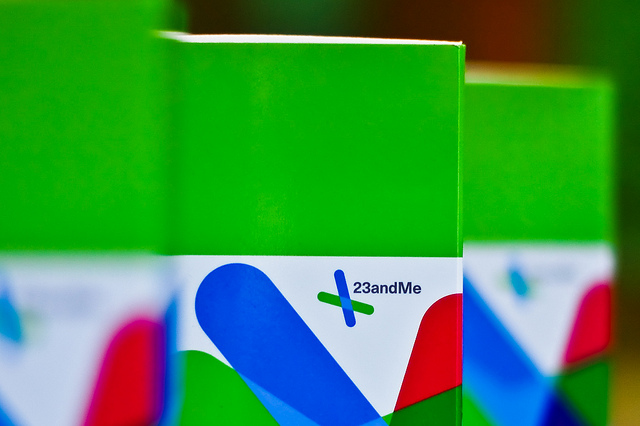What genetic tests from 23andMe, Veritas and Genos really told me about my health
By Tina Hesman Saey,
ScienceNews
| 05. 22. 2018
Direct-to-consumer genetic testing first came on the market about a decade ago, but I resisted the temptation to see what health information is hidden in my DNA — until now.
As a molecular biology writer, I’ve been skeptical that the field of genetics is mature enough to accurately predict health (see related article). What finally motivated me to send away my DNA in the mail was the fact that companies are now offering much more genetic information. Is more better? Would an expensive test that deciphered my entire genetic instruction manual, or genome, reveal more about me than more limited tests? That’s what I wanted to find out.
For health testing, I sent spit samples to 23andMe, Genos and Veritas Genetics, three companies that represent the various levels of DNA testing available to consumers. (I did ancestry testing, too; you can read about my experiences with that in June.) These companies all analyze natural spelling variations in the string of letters that make up DNA. Where most people have, say, a “G,” some might have an “A.”...
Related Articles
By Arthur Lazarus, MedPage Today | 01.23.2026
A growing body of contemporary research and reporting exposes how old ideas can find new life when repurposed within modern systems of medicine, technology, and public policy. Over the last decade, several trends have converged:
- The rise of polygenic scoring...
By Stephanie Pappas, LiveScience | 01.15.2026
Genetic variants believed to cause blindness in nearly everyone who carries them actually lead to vision loss less than 30% of the time, new research finds.
The study challenges the concept of Mendelian diseases, or diseases and disorders attributed to...
By David Cox, Wired | 01.05.2026
As he addressed an audience of virologists from China, Australia, and Singapore at October’s Pandemic Research Alliance Symposium, Wei Zhao introduced an eye-catching idea.
The gene-editing technology Crispr is best known for delivering groundbreaking new therapies for rare diseases, tweaking...
By Josie Ensor, The Times | 12.09.2025
A fertility start-up that promises to screen embryos to give would-be parents their “best baby” has come under fire for a “misuse of science”.
Nucleus Genomics describes its mission as “IVF for genetic optimisation”, offering advanced embryo testing that allows...




